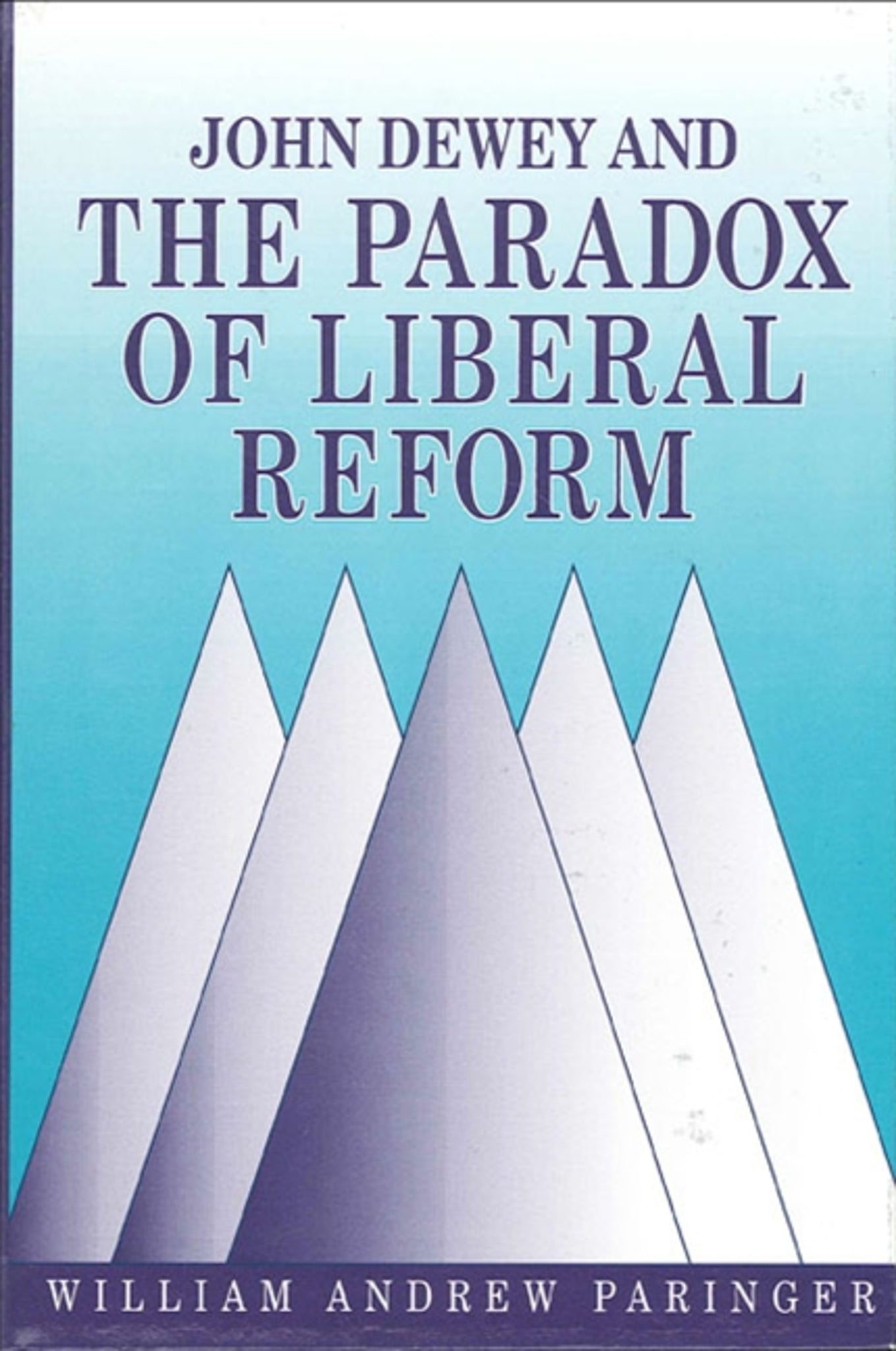We're sorry. An error has occurred
Please cancel or retry.
John Dewey and the Paradox of Liberal Reform

Some error occured while loading the Quick View. Please close the Quick View and try reloading the page.
Couldn't load pickup availability
- Format:
-
05 July 1990

This book provides a fresh critique of John Dewey and the progressive tradition and warns against the superficial renaissance of Deweyan philosophy present in many of today's modern liberal educational reform movements. Challenging the four pillars of Dewey's pragmatism - science, nature, democracy, experience - Paringer argues for a critical or radical education praxis that more sensitively comes to grips with the difficulties of the nuclearized, postmodern world.


"Paringer's critique of Dewey's key concepts of democracy, science, nature, and experience are genuinely fresh and insightful. There is power in his call for a radical structural analysis to show the limitations of Dewey's theory of democracy, and the need to supplement or replace it with the concept of social justice." — Arthur G. Wirth, Washington University
"This work makes Dewey accessible to a new generation. Dewey finally gets demystified here when his central conceptions are explored against a set of 1980s social theory concerns." — William D. Taylor, The Ohio State University
Acknowledgments
Foreword
Betty Reardon
Preface
Introduction: Problem and Crisis
Reform and Schooling
Nuclearization
Ideology
Towards Social Justice
Educational Praxis
Part I. The Scientific and the Transformational
Democracy
Pragmatism
Individualism
Democracy and Education
Scientific
Ideology Critique or Educative Method
Social Justice
Part II: The Natural and the Historical
Nature and the Natural
The Functional
Development
Progressivism
History
Part III: The Personal and the Political
Experience
Praxis
Epilogue
Notes
Bibliography
Index



